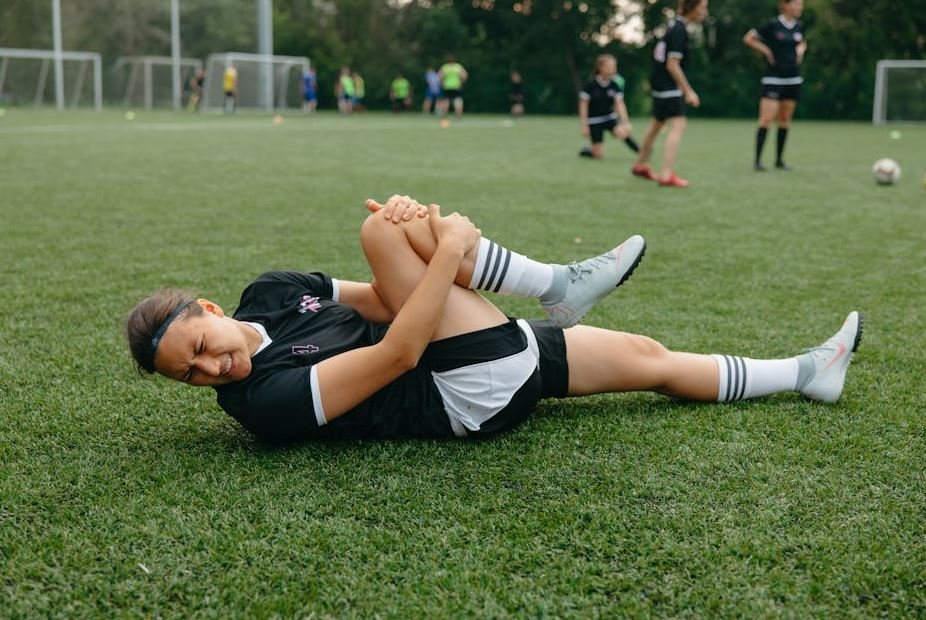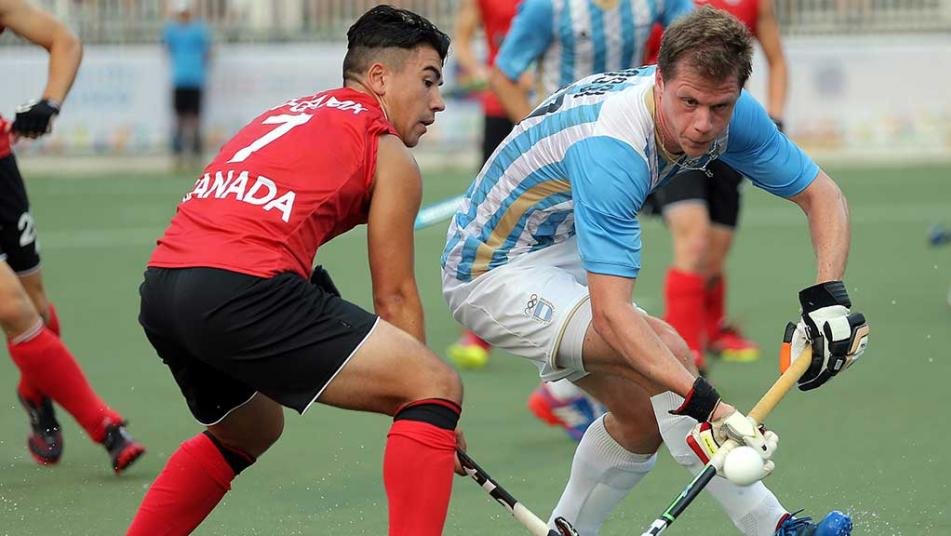Sports bring joy, camaraderie, and fitness to millions of people worldwide. Whether you’re a professional athlete, a weekend warrior, or a parent of a young athlete, the potential for injuries or accidents is always present. Sports insurance offers financial protection and peace of mind, ensuring that players, coaches, and teams are prepared for the unexpected.
This beginner’s guide will help you understand the basics of sports insurance, why it’s important, and how to choose the right coverage.
What is Sports Insurance?
Sports insurance is a specialized type of insurance coverage designed to protect individuals and organizations involved in sports activities. It provides financial support in case of injuries, accidents, or other unforeseen incidents that may occur during training, games, or recreational activities.
Coverage may include:
- Medical expenses for injuries sustained during play.
- Liability protection for coaches, teams, or event organizers.
- Loss of income for professional athletes who can’t compete due to injury.
Sports insurance ensures that participants and organizations can focus on the game without worrying about financial repercussions from unexpected events.
Why is Sports Insurance Important?
The physical nature of sports inherently carries risks, from minor sprains to severe injuries. Sports insurance offers several benefits, including:

1. Financial Protection
Medical treatments, hospitalizations, and rehabilitation for sports injuries can be expensive. Sports insurance helps cover these costs, reducing out-of-pocket expenses for individuals and families.
2. Peace of Mind
Knowing you’re covered in case of an accident allows athletes, parents, and organizations to focus on performance and enjoyment, free from the stress of potential financial burdens.
3. Liability Coverage
Coaches, trainers, and event organizers can be held legally responsible for injuries that occur under their supervision. Liability insurance protects against lawsuits and associated legal fees.
4. Support for Career Athletes
For professional athletes, injuries can mean lost income or career setbacks. Specialized sports insurance policies provide income protection and support for career transitions.
5. Compliance with League or Venue Requirements
Many sports organizations, leagues, and facilities require participants to have insurance before they can compete or train. Sports insurance helps athletes and teams meet these requirements.
Who Needs Sports Insurance?
Sports insurance is essential for anyone involved in sports or athletic activities, including:
- Individual athletes: Amateur, recreational, or professional players.
- Parents of young athletes: Protecting children who participate in school or club sports.
- Teams and clubs: Ensuring all players and staff are covered.
- Coaches and trainers: Protecting against liability claims and personal injuries.
- Event organizers: Covering participants and spectators during sports events.
- Sports facilities: Ensuring coverage for accidents that occur on their premises.
Types of Sports Insurance
Sports insurance encompasses several types of coverage, each catering to specific needs. Here are the most common types:
1. Accident Insurance
Accident insurance covers medical expenses resulting from injuries sustained during sports activities. This includes costs for:
- Hospital stays
- Doctor visits
- Physical therapy
- Surgery
2. Liability Insurance
Liability insurance protects coaches, trainers, clubs, and organizations from lawsuits resulting from injuries or property damage. For example, if a player gets injured due to unsafe equipment, liability insurance can cover the legal costs.
3. Loss of Income Insurance
For professional athletes, injuries can lead to missed competitions and lost earnings. Loss of income insurance provides financial support when athletes are unable to compete due to injury or illness.
4. Equipment Insurance
Sports equipment can be expensive to replace. Equipment insurance covers the cost of repairing or replacing damaged, lost, or stolen sports gear, from bicycles to football pads.
5. Travel Insurance for Sports

Athletes who travel for competitions or training often need travel insurance that covers sports-related injuries, cancellations, or lost baggage.
6. Event Insurance
Sports event organizers can purchase event insurance to cover liability, participant injuries, and cancellations. This type of insurance protects against unforeseen issues that could disrupt the event.
What Does Sports Insurance Cover?
Coverage can vary depending on the policy, but sports insurance typically includes:
- Medical expenses: Doctor visits, surgery, medication, and rehabilitation.
- Emergency transport: Ambulance services in case of serious injuries.
- Personal accident benefits: Lump-sum payments for permanent disability or death caused by sports injuries.
- Legal fees: Defense costs for liability claims.
- Property damage: Repairs or replacement of damaged equipment or facilities.
What Does Sports Insurance Not Cover?
Sports insurance usually has exclusions, such as:
- Injuries resulting from illegal activities or rule violations.
- Pre-existing medical conditions.
- Injuries sustained while under the influence of drugs or alcohol.
- Extreme or high-risk sports not covered by the policy.
It’s important to carefully review the policy details to understand what is and isn’t covered.
How to Choose the Right Sports Insurance
Selecting the right sports insurance depends on your specific needs. Here’s a step-by-step guide to help you make an informed decision:
1. Assess Your Needs
Consider your role in sports (e.g., player, coach, organizer) and the level of risk involved. For example:
- Individual athletes may prioritize accident coverage.
- Coaches and clubs may need liability protection.
2. Compare Policies
Research multiple insurance providers and compare their policies. Pay attention to:
- Coverage limits
- Premium costs
- Exclusions
3. Check Compliance Requirements
Ensure the policy meets the requirements of your league, venue, or organization.
4. Review the Claim Process
Look for providers with straightforward claim processes and good customer reviews. A quick and hassle-free claims process can make a significant difference during stressful situations.
5. Consider Customization
Many providers offer customizable policies. Tailor your coverage to include additional features like equipment insurance or travel protection if necessary.
Tips for Managing Sports Insurance
- Document Everything: Keep records of all injuries, treatments, and receipts to support claims.
- Report Incidents Promptly: Notify your insurance provider as soon as an injury or accident occurs.
- Stay Informed: Regularly review your policy to ensure it still meets your needs.
- Invest in Safety: Minimize risks by following safety protocols, using proper equipment, and adhering to league rules.
FAQs
Is sports insurance mandatory?
While not mandatory in all cases, sports insurance is often required by leagues, schools, or venues for participation. Even when not required, it’s highly recommended to protect against financial risks.
Can parents get sports insurance for their children?
Yes, parents can purchase sports insurance policies for young athletes. These policies provide medical coverage and peace of mind for families with children participating in sports.
Does health insurance cover sports injuries?
Standard health insurance may cover some sports injuries, but it might not include certain treatments or sports-specific risks. Sports insurance provides targeted coverage designed for athletic activities.
Is professional athlete insurance more expensive?
Yes, professional athlete insurance is typically more expensive due to the higher risks and potential loss of income associated with professional sports.
Can I insure my sports equipment?
Yes, many sports insurance policies offer equipment coverage, protecting against loss, theft, or damage.
What should I do if I get injured in a game?
Seek medical attention immediately, document the incident, and notify your insurance provider to begin the claims process.
Conclusion
Sports insurance is a vital safety net for anyone involved in athletics, providing financial protection, peace of mind, and support in the event of injuries or accidents. Whether you’re an amateur athlete, a parent, or a professional player, understanding the basics of sports insurance ensures that you’re prepared for the unexpected. By assessing your needs, comparing policies, and staying informed, you can choose the right coverage and focus on what matters most—enjoying the game.




